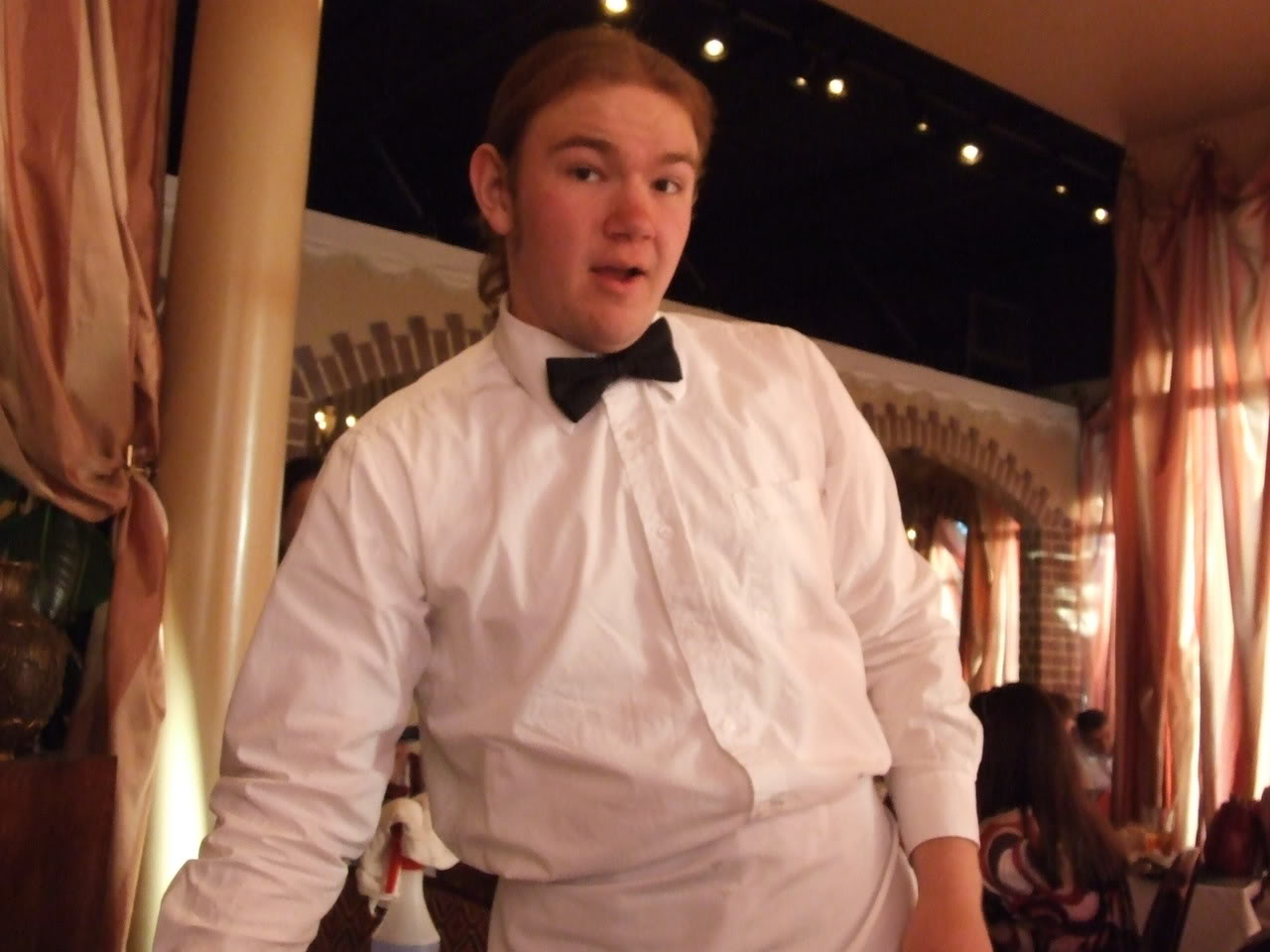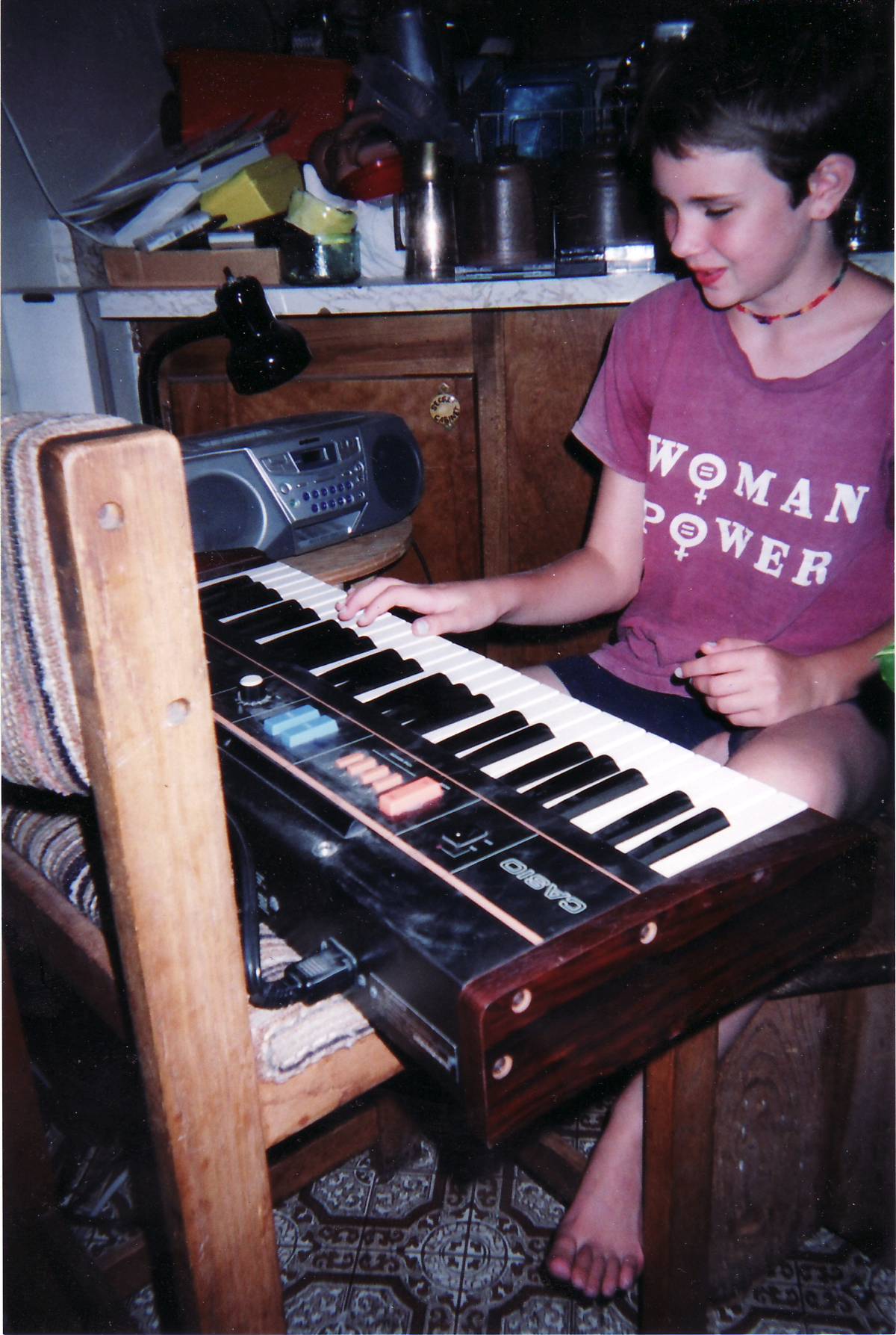
EEEEEk.
What gets me more than the casual acceptance and recommendation of arbitrary limitations is the characterization of allowing children choices as "plonking a 3, 4, 5, 10 year old in front of the television/google."
Can you imagine ANYone "plonking" a ten year old in front of google? And what? Demanding he look something up? But I have seen kids that young have a BLAST with google and other search functions, about games, or YouTube, or NetFlix.
If they can look up game hints at ten, they will be able to look up building codes or disease treatments or various translations of Bible passages on their own anytime thereafter, given resources. Practicing on something that might seem "loose, easy and unnecessary" can *BE* what is needed for them to be competent, functional workers when they're older. And I won't say "when they're grown," because my kids were competent functional workers when they were mid-teens, every single one of them.
So when people who haven't had a child who is mid-teens disparages my knowledge in light of their paranoid theories, sometimes I go EEEEEk.
Sandra
2011
is where I found it, but the original is here:
on Always Learning,
wherein the rant is all one paragraph.
photo by Sandra Dodd, of a granddaughter playing a game, a husband reading the news, and the TV was playing "Pupstruction" for another grandchild not appearing in that photo
















